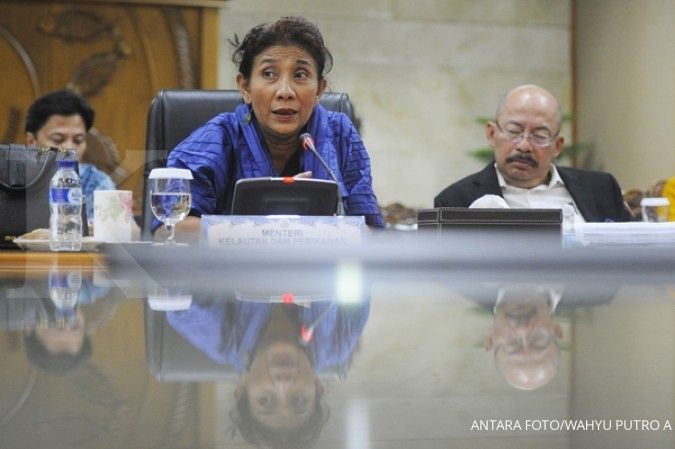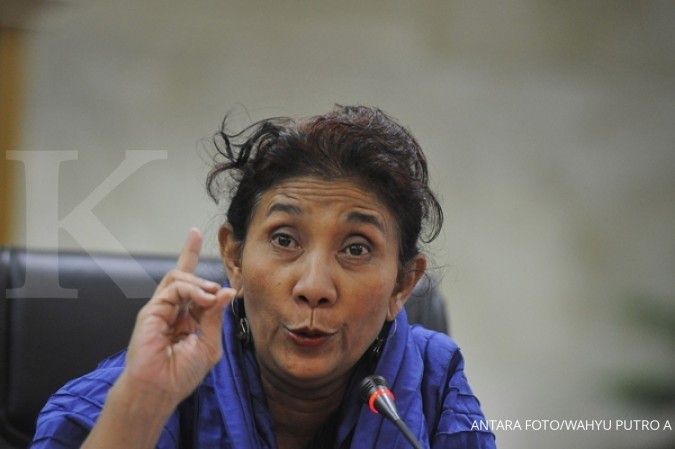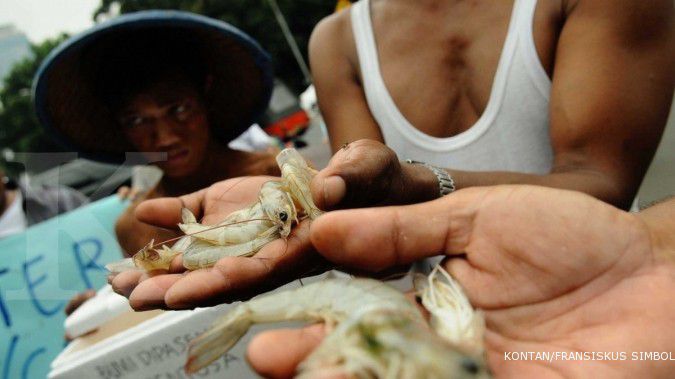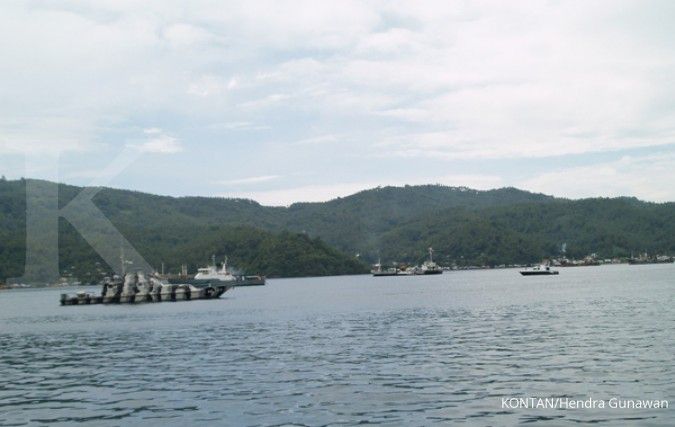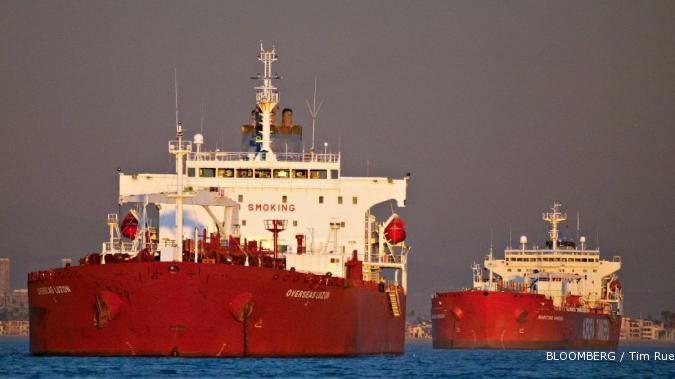JAKARTA. Maritime Affairs and Fisheries Minister Susi Pudjiastuti has insisted that she will not divulge any details of the ongoing analysis and evaluation, or Annev, of foreign-built vessels suspected of legal violations, despite increasing pressure from the private sector and legislators to do so.
According to the most recent data from the task force for the prevention and eradication of illegal, unreported and unregulated fishing (IUUF), as many as 907 vessels from 156 fisheries companies have been disqualified from operation in the Annev process and are likely to face criminal charges or litigation.
The evaluation process, Susi said, would continue until the extended moratorium on foreign-built vessels was lifted at the end of October, as stipulated by Ministerial Regulation No. 10/2015, after which the vessels that have passed the Annev will be automatically granted new operational licenses.
Vessels that failed to pass, she added, and their corresponding companies would be handed over to the National Police to be given sanctions in accordance with their respective violations.
“Since I am not the enforcing authority, I am unwilling to single out any perpetrators until they are determined to have violated existing laws and have been taken over by the police,” she said during a meeting with House of Representatives Commission IV overseeing fisheries in Jakarta on Tuesday.
Despite her decision to keep mum on the subject, Susi said that firms that believed their vessels had been erroneously convicted could seek a hearing with the ministry to discuss the issue.
The 907 ex-foreign vessels had been found guilty of one or more violations of fisheries laws, Susi explained, including employing foreign crews and failing to operate the onboard vessel monitoring system (VMS) at all times.
Other violations included indications that ships had returned to an overseas port of origin despite being registered as Indonesian-flagged, or that companies had established unused or underutilized fish processing units (UPI) in order to justify bringing in foreign vessels.
Of the 907 vessels, as many as 49 companies with ownership of 566 ships were classified as having committed severe violations: registered vessels were no longer in the country; more than 80 percent of ship crew employed were foreign; and suspicions of forced labor.
According to IUUF prevention task force head Mas Achmad Santosa,, 1,132 vessels from 187 companies are currently undergoing the Annev process.
Susi said that 225 vessels suspected of transgressions were still under tight scrutiny by the task force, which includes going through tax reports with the aid of the Finance Ministry.
In accordance with the moratorium, foreign-built vessels registered as having a gross tonnage of more than 30 GT are barred from applying for new operational fishing licenses until the end of October.
Fisheries stakeholders from the private sector have continued to push the government to open up the Annev data for fear that their businesses will be negatively impacted by the evaluation results.
Others say that the moratorium and the ensuing evaluation have resulted in the “sudden death” of businesses, as fishing operations were forced to stop.
Daniel Johan, a member of Commission IV, urged the state to release the Annev data to the public, so that the House could assist in combatting IUUF.
The legislature, Daniel suggested, could form its own working unit to look at the issue, adding that the Annev data would be vital for such a body.
“[IUU fishing] has cost the state its sovereignty. It has cost the state precious revenue. It has cost us all [...] With this data, we can strengthen our efforts to eradicate illegal poaching and uphold law enforcement in the maritime and fisheries sector,” he told reporters on Tuesday. (Tama Salim)
/2015/04/09/352079809.jpg)
